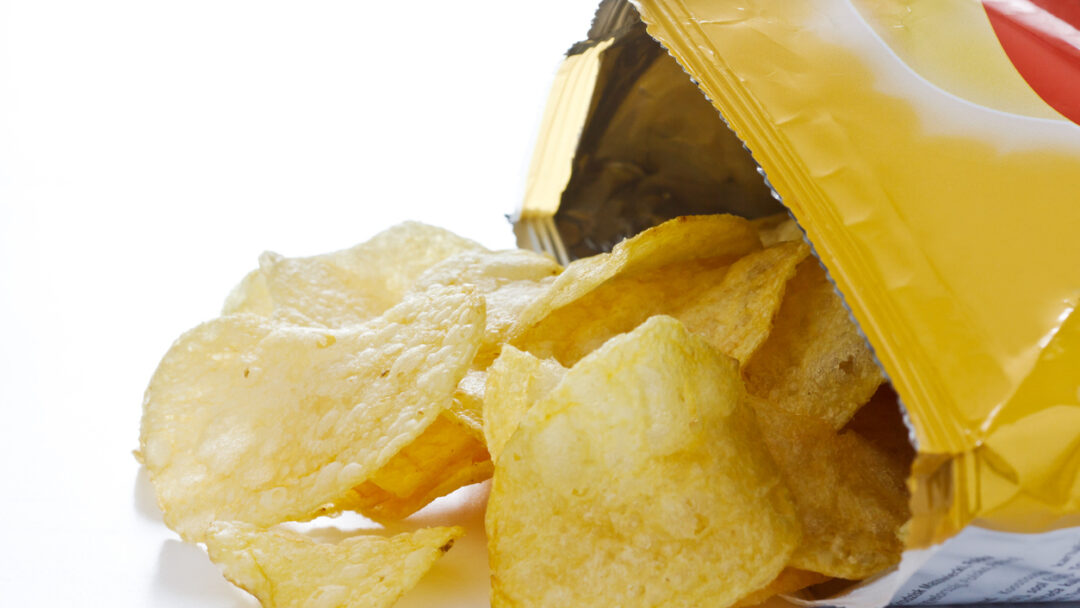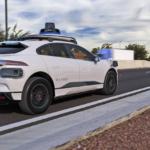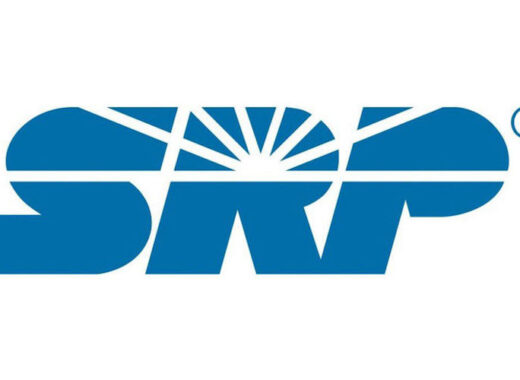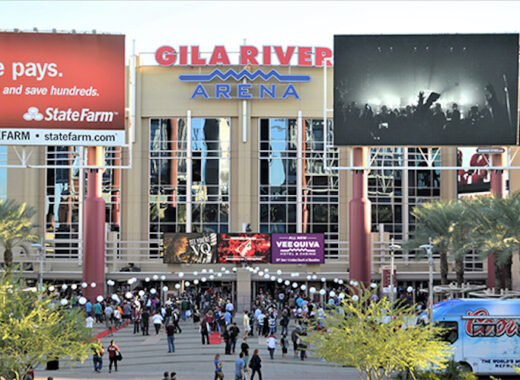Inflation continues to be high and the price of groceries continue to be on the rise.
France’s major supermarket chain, Carrefour, has announced that it will no longer offer PepsiCo products due to their increased cost. This decision marks another dispute between retailers and suppliers concerning price.
Retailers are placing a message next to items such as Pepsi, Lay’s chips, Quaker cereals and Lipton Iced teas which states that “the brand will no longer be available for purchase due to unreasonable price hikes. We regret any inconvenience this may cause.”
After the items are sold out, they will not be restocked on the shelves.
Carrefour has announced plans to remove PepsiCo products from their stores in Italy, Spain, and Belgium.
According to PepsiCo, they have been in talks with Carrefour for an extended period and will persist in engaging in honest communication to guarantee the availability of their products.
Carrefour’s decision to push for lower prices from major consumer goods companies is a sign of increased efforts to combat rising expenses such as energy, commodities, and labor, which led to price hikes in the past two years.
In September, the supermarket chain has initiated a “shrinkflation” strategy where they are labeling products such as Lindt chocolates and Lipton Ice Tea with warnings informing customers that the size has reduced while the cost remains the same, despite a decrease in raw material expenses.
The cost of food items such as grains, sugar, and cooking oils has decreased in the last 12 months. According to the UN Food and Agriculture Organization’s Food Price Index for December, published on Friday, there was a 10% decrease compared to the same month in 2022. The index for the entire year of 2023 was nearly 14% lower than the average level of the previous year.
According to Carrefour’s CEO Alexandre Bompard, consumer goods companies have consistently refused to collaborate in reducing the prices of numerous essential products, even though the cost of their ingredients has decreased.
During an earnings call in October, PepsiCo CEO Ramon L. Laguarta stated that the company was expecting an increase in inflation within its business. As a result, prices are expected to remain high throughout the year.
According to the preliminary figures released on Thursday, inflation in France increased to 4.1% in December, up from 3.9% in November. The statistics agency of the country reported that there was a slight decrease in food price inflation from 7.7% to 7.1%.
On September 13, 2023, a Carrefour supermarket located in Montesson, near Paris, expressed disapproval towards the rising prices set by consumer goods companies.
In the past two years, Nestle, Unilever (UL), Coca-Cola (KO), and Procter & Gamble (PG) have all raised prices on their products. This is due to an increase in their own costs, which has been passed on to consumers.
This has resulted in tense discussions between merchants and large consumer goods companies, which have occasionally led to conflicts resulting in the temporary removal of branded items from store shelves.
In 2022, negotiations between Kraft Heinz and Tesco resulted in the halt of some product supplies, such as ketchup and baked beans, to the largest UK grocery retailer. Tesco deemed the company’s price hikes as “unreasonable” at the time. However, once the products were back in stock, the increased prices were rescinded for Heinz’s top-selling items.
Large price increases have additionally pushed consumers towards retailers’ private-label goods. In February of last year, Carrefour’s Bompard announced plans to substantially increase the proportion of private label products to make up 40% of their sales within the next three years.
It is uncertain if grocery market chains within the United States will follow in this trend.








